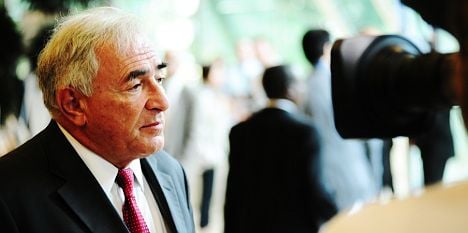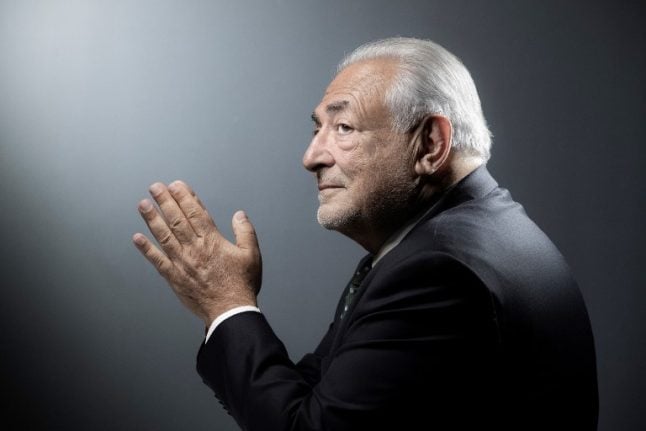Strauss-Kahn last month filed a petition seeking dismissal of the suit filed by Nafissatou Diallo, the Guinean chambermaid who alleged that the one-time French presidential hopeful tried to rape her in May.
Diallo’s attorneys said in a court filing on Monday that the former IMF boss’s petition “should be denied in its entirety as utterly meritless and frivolous,” and that the case should be allowed to proceed.
Criminal charges against Strauss-Kahn were dropped in August when prosecutors lost faith in Diallo’s credibility, but she is pursuing a civil case for undisclosed monetary damages.
Strauss-Kahn, a former French finance minister, did not claim immunity during the criminal case as the alleged assault happened while he was staying in New York in a personal capacity.
He asserts however that his position as the IMF’s chief executive provides him protection against civil action.
Strauss-Kahn was forced to resign as managing director of the International Monetary Fund when he was arrested and charged with the sexual assault and attempted rape of Diallo in his suite at the Sofitel hotel in Manhattan.
The French economist walked free two months ago when a criminal court judge dismissed the charges against him after prosecutors said they could not pursue the case because of Diallo’s repeated lying during the investigation.
DNA evidence indicated that a sexual encounter did occur between the two, but Strauss-Kahn’s defense team insist it was consensual.



 Please whitelist us to continue reading.
Please whitelist us to continue reading.
Member comments